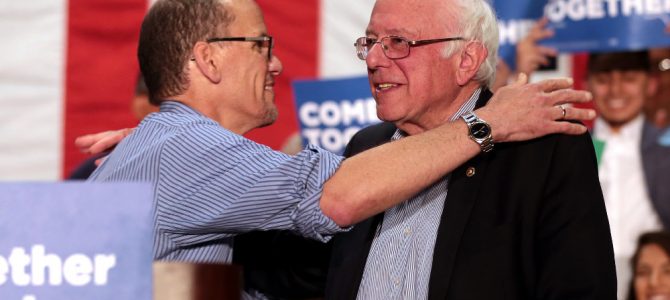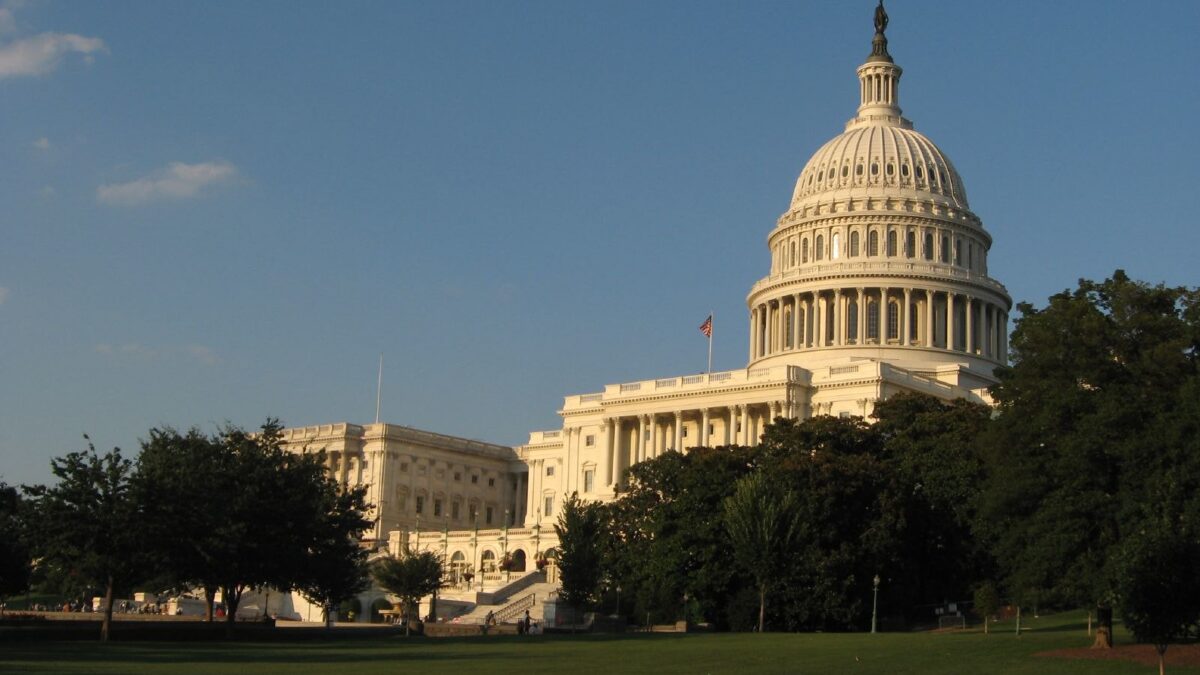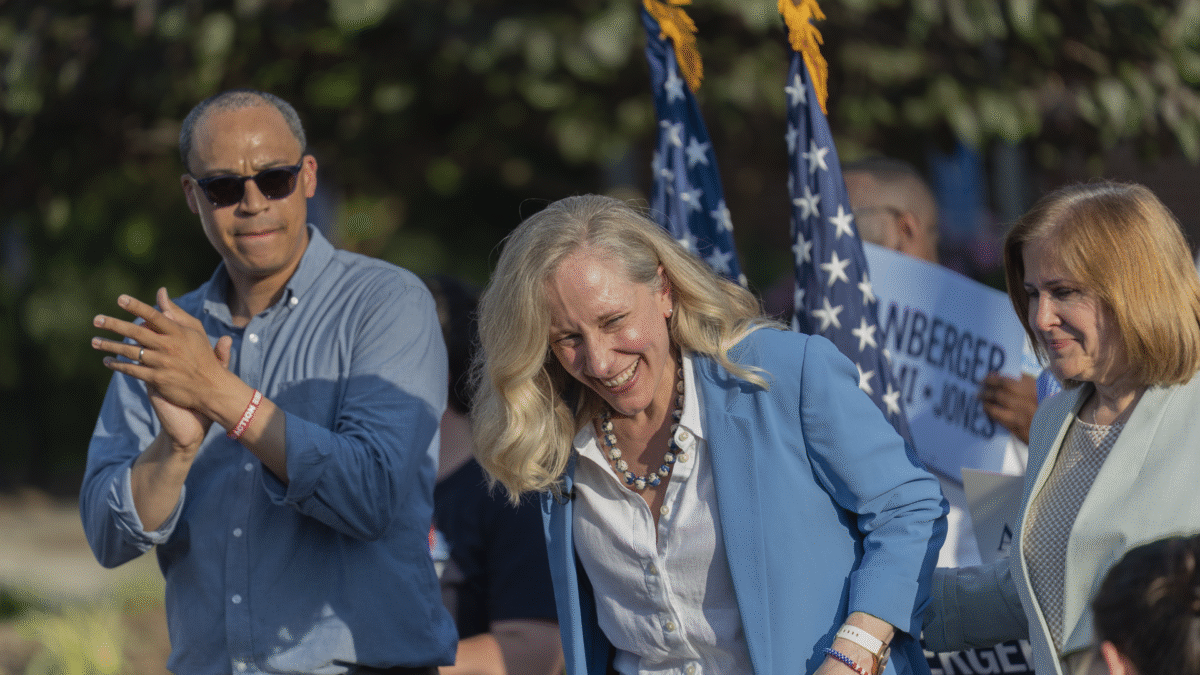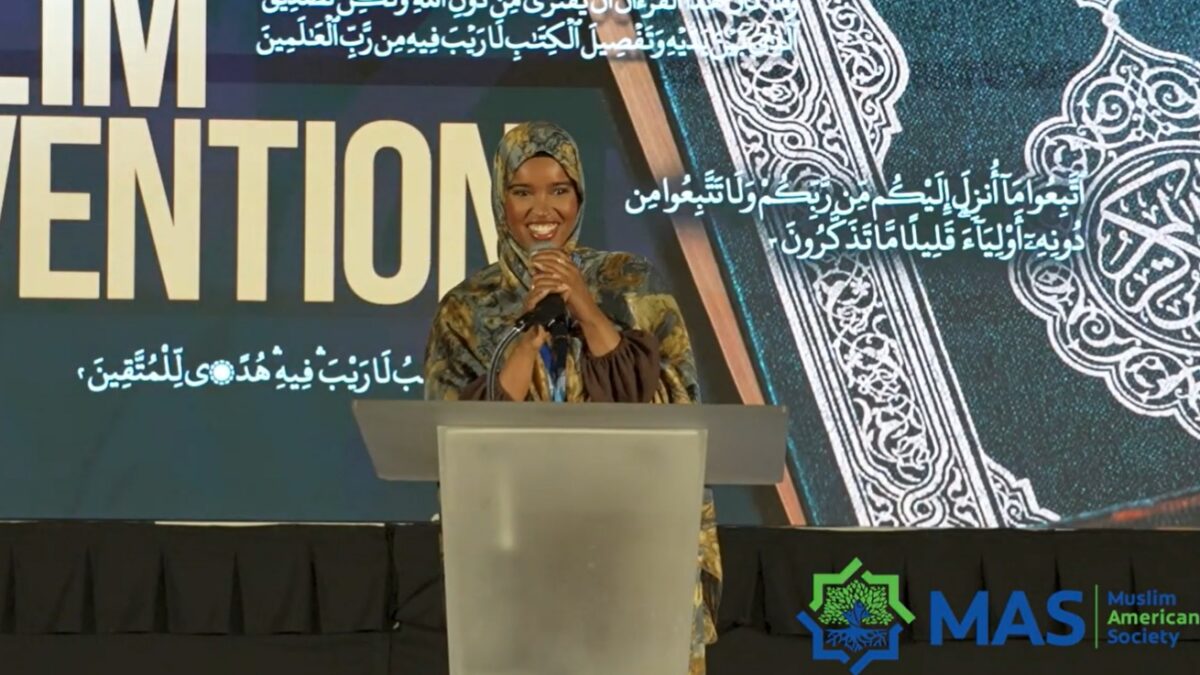
Democratic National Committee Chairman Tom Perez has certainly been making waves since he assumed his post earlier this year, but his most controversial statement might have been his excommunication of any pro-life Democrat from his party’s enforced orthodoxy.
According to the Huffington Post, Perez said: “Every Democrat, like every American, should support a woman’s right to make her own choices about her body and her health. That is not negotiable and should not change city by city or state by state.”
His statement is consistent with the Democratic Party platform, which states, “In addition to expanding the availability of affordable family planning information and contraceptive supplies, we believe that safe abortion must be part of comprehensive maternal and women’s health care and included as part of America’s global health programming.” Abortion must be a part of all American health-care efforts around the globe, which presumably means here at home as well.
This statement responded to the recent uproar over Democratic Omaha mayoral candidate Heath Mello, whom progressive publication Rewire has characterized as “an aggressively anti-choice Democrat.” Vermont Sen. Bernie Sanders made headlines while campaigning for Mello when he told NPR, “If we are going to protect a woman’s right to choose, at the end of the day we’re going to need Democratic control over the House and the Senate, and state governments all over this nation, and we have got to appreciate where people come from, and do our best to fight for the pro-choice agenda. But I think you just can’t exclude people who disagree with us on one issue.”
A Party Divided
Obviously, there are two very different visions of the Democratic Party here. There is the Democratic establishment, represented by Perez and the official platform, which are committed to ideological purity and firmly entrenched as a pro-abortion party. On the other side, an alliance seems possible between pro-life and pro-choice Democrats. Mello and Sanders have disagreed on the issue of abortion historically (although Mello does seem to be trying to temper his statements and voting record), but they come together on many other issues so are willing to sacrifice ideological purity to get Democrats into office.
The Democratic Party is stuck between the proverbial rock and hard place, and neither option shows an obvious path to future success as Democrats look forward to 2018 midterm elections and the 2020 presidential year.
The party can take the hardline vision of Perez and its official platform. They can tell pro-life Democrats that they have no place in the party. Yet this appears to be a losing strategy. According to a 2015 poll from Gallup, 55 percent of American adults think abortion should be “legal in only a few circumstances” or “illegal in all circumstances.” Although the survey does not get more specific than this, a majority of Americans do not favor unfettered access to abortion. Most American adults want limits. Throwing this majority of American adults out of the party doesn’t seem to be an effective way to gain voters.
When you couple this with political movements such as the American Solidarity Party already in place to attract people who are economically liberal but socially conservative, these pro-life Democrats have an option to escape to if they are not comfortable with the Republican Party as the traditional pro-life party.
Many Democrats Won’t Agree to Disagree
However, consider the scenario if the Democratic Party goes the direction of Mello and Sanders. To many people it seems reasonable to agree to disagree on a certain issue and work together for those items of agreement. Economic justice would be a rather obvious issue for the Democratic Party to unite around. It was the message Sanders rode to a serious chance at the Democratic presidential nomination in 2016. It is similar to the approach the Tea Party took when they united around economic issues such as lower taxes and reduced government spending. Perhaps Tea Party members did not agree on everything, but they were extraordinarily focused on a few issues that brought them together.
The problem with that in this case is many people on the Left think economic justice is not possible without access to abortion. Bryce Covert, the economic policy editor at ThinkProgress, wrote for The New York Times, “Any woman who has had to decide whether she could afford to keep a baby will most likely be able to tell you that economics is deeply embedded in her choice.”
Emily Crockett wrote in Rolling Stone, “They [pro-choice advocates] wondered if Democrats will ever stop automatically treating reproductive freedom like a mere ‘social issue,’ and start recognizing it as critical to women’s economic and social equality.”
Emily Arrowood of U.S. News & World Report went as far as to say that “Progressives wouldn’t stomach a Democratic candidate who questioned the necessity of Brown v. Board of Education, so why might we make an exception when it comes to women’s economic well-being?”
Clearly, a branch of the Democratic Party is not open to this type of moderate style and big-tent ideology. As much as exiling pro-lifers from the Democratic Party will push away a majority of the population, the opposite wing of the Democratic Party will be upset if abortion rights are not considered an essential part of being a Democrat.
Democrats Have to Make a Choice
It is clear that the Democratic Party has to make a choice, but it is not clear which choice will ultimately help them compete politically. Either option is going to isolate certain voters and cause them to reconsider voting for the Democratic Party.
If pro-lifers are not allowed in the party, they are going to find somewhere else to vote. If progressives don’t feel that the Democratic Party platform goes far enough, it would not be surprising to see a progressive movement take a more extreme position on this issue and effectively split the Democratic Party in a way that will never be able to overcome a Republican majority if that party manages to remain unified. Ironically, it could look very much like the large number of progressives who decided to write in Sanders’ name rather than vote for the establishment candidate Hillary Clinton in 2016, or what happened to George Bush Sr. because of Ross Perot in 1992.
A party divided over a central issue in the American two-party system is going to have a very hard time winning many elections nationally or even locally.









